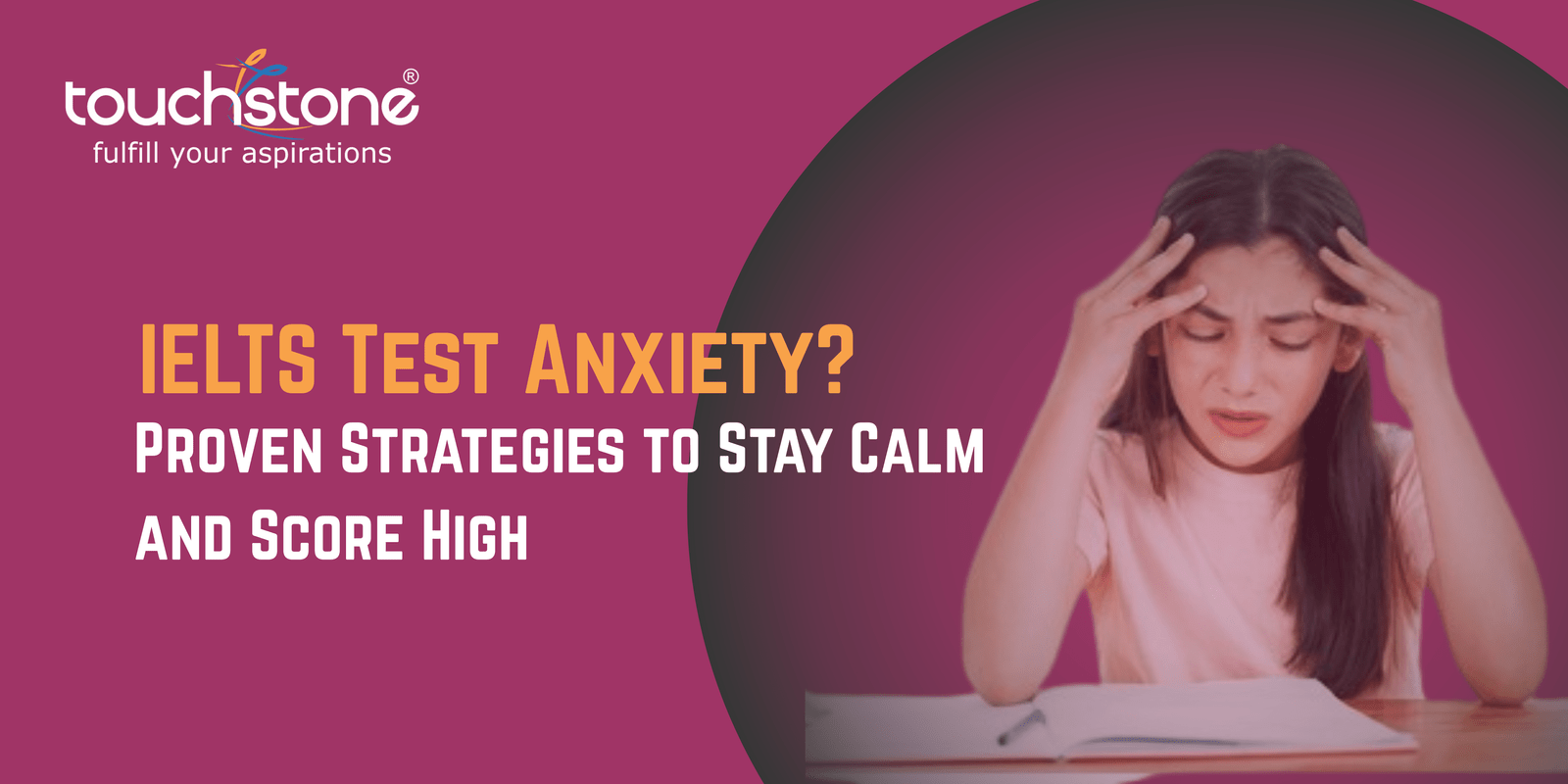English and professional growth
Below par English communication exhibited by professionals at their offices is the most common obstacle in their progress path. Along with hard work, sincerity and knowledge of our fields we also need good Business English skills to succeed. In absence of good Business English skills we never get the deserved professional growth. Good communication at work is very important for maintaining a healthy professional relationship with superiors, subordinates and peers. Effective business communication is an important tool of success for business owners as well as employees. Business communication includes written and verbal communication. If not composed appropriately official emails sent by an individual do not deliver the desired message to the recipients. Incorrect messaging creates unnecessary confusions and differences among teams and causes time, productivity and efficiency loss to organizations. Professionals generally ignore emails which are not well structured and not composed in good English.
Effects of weak Business English
The sender of an email with incorrect English is ridiculed by others and is never considered for a promotion. People who cannot express themselves in good English during reviews, meetings and day to day office communication are also mocked. If our business communication is not good we tend to become popular in our work place for the wrong reasons. Emails sent with grammatical or sentence structure errors form unwanted perceptions for a professional among his/her superiors, subordinates and colleagues.
People with bad business communication skills are not taken seriously at their work place and are ignored. Bad business communication leads to low self esteem, work related depression and negative effects on health and personal life.
Take the Touchstone advantage
Don’t let your weakness in business communication hamper your progress and prosperity. Touchstone’s effective English training solutions improve your Business Communication and convert your weakness into your biggest strength at work.








